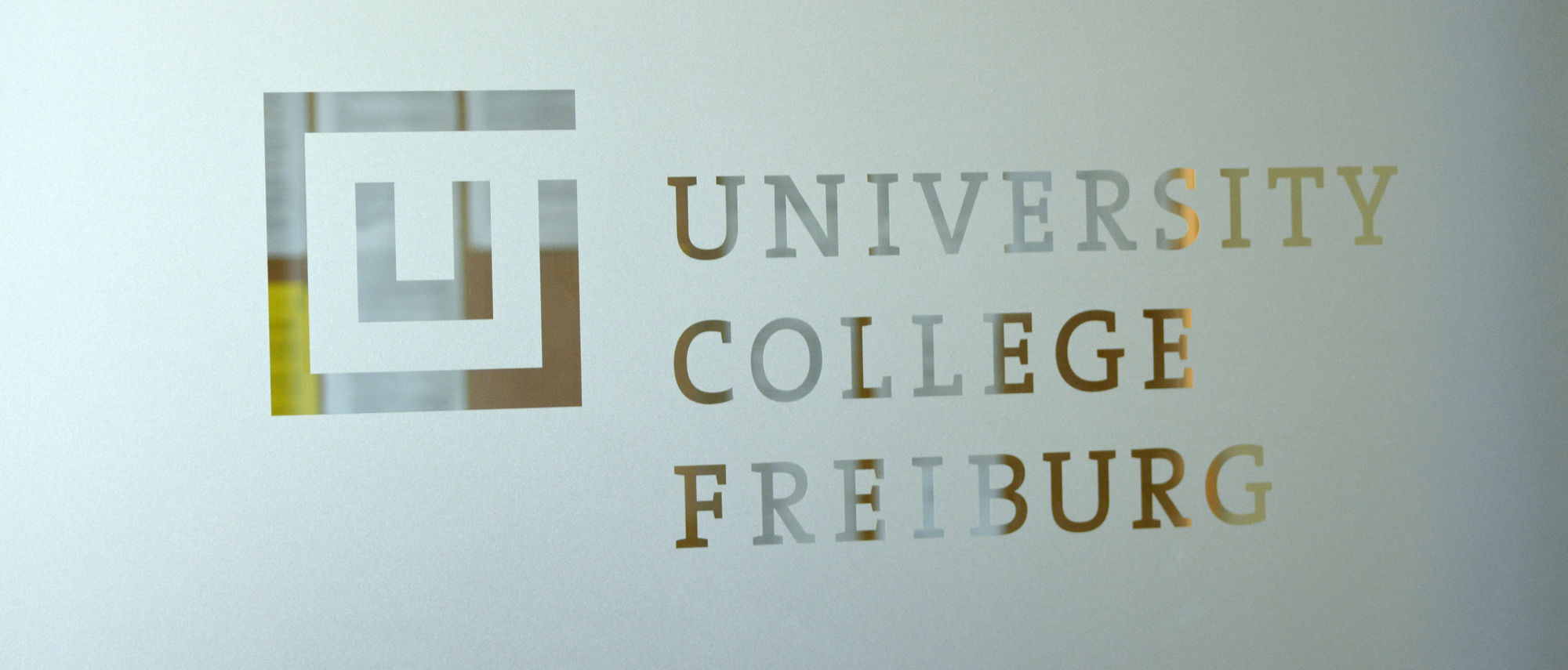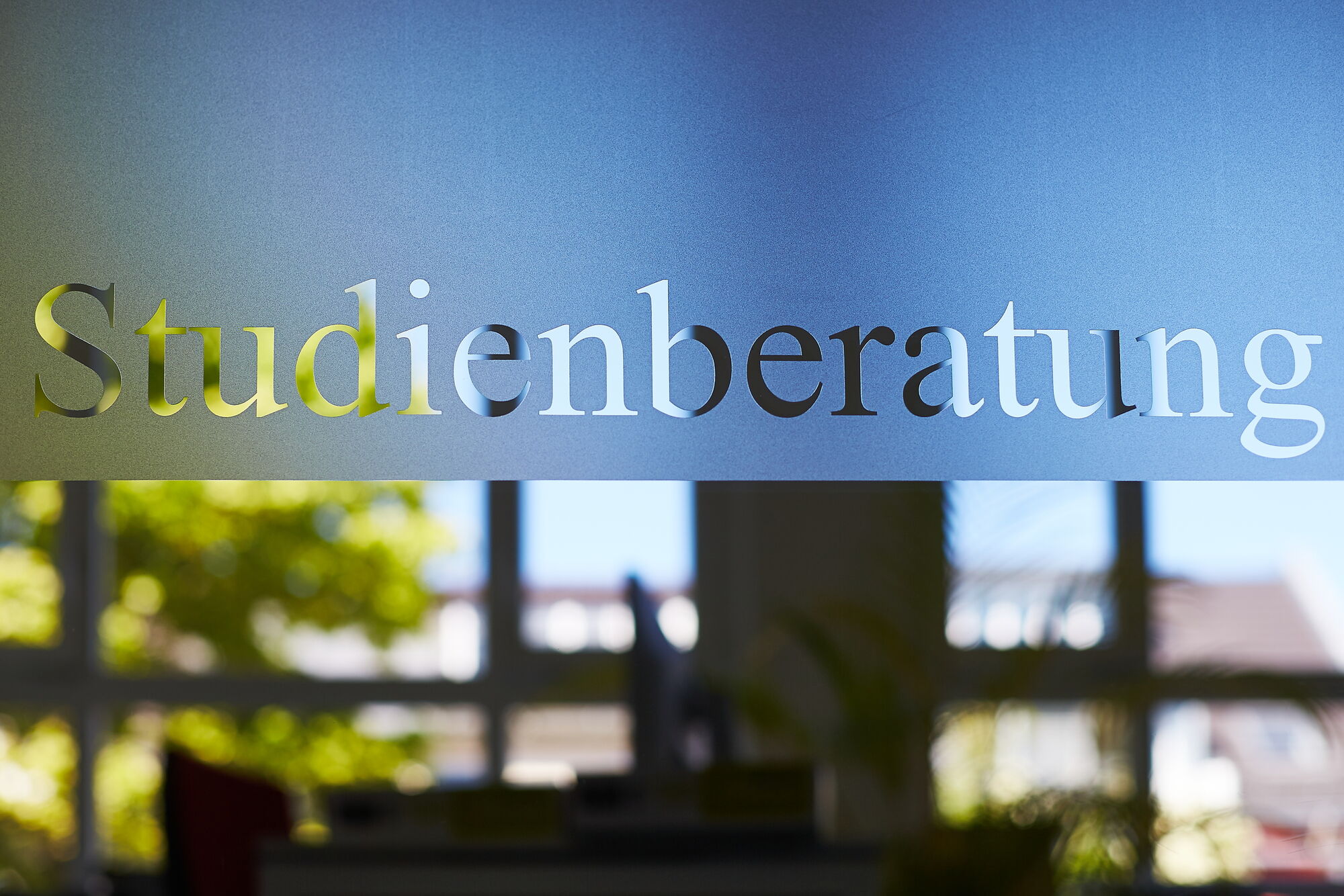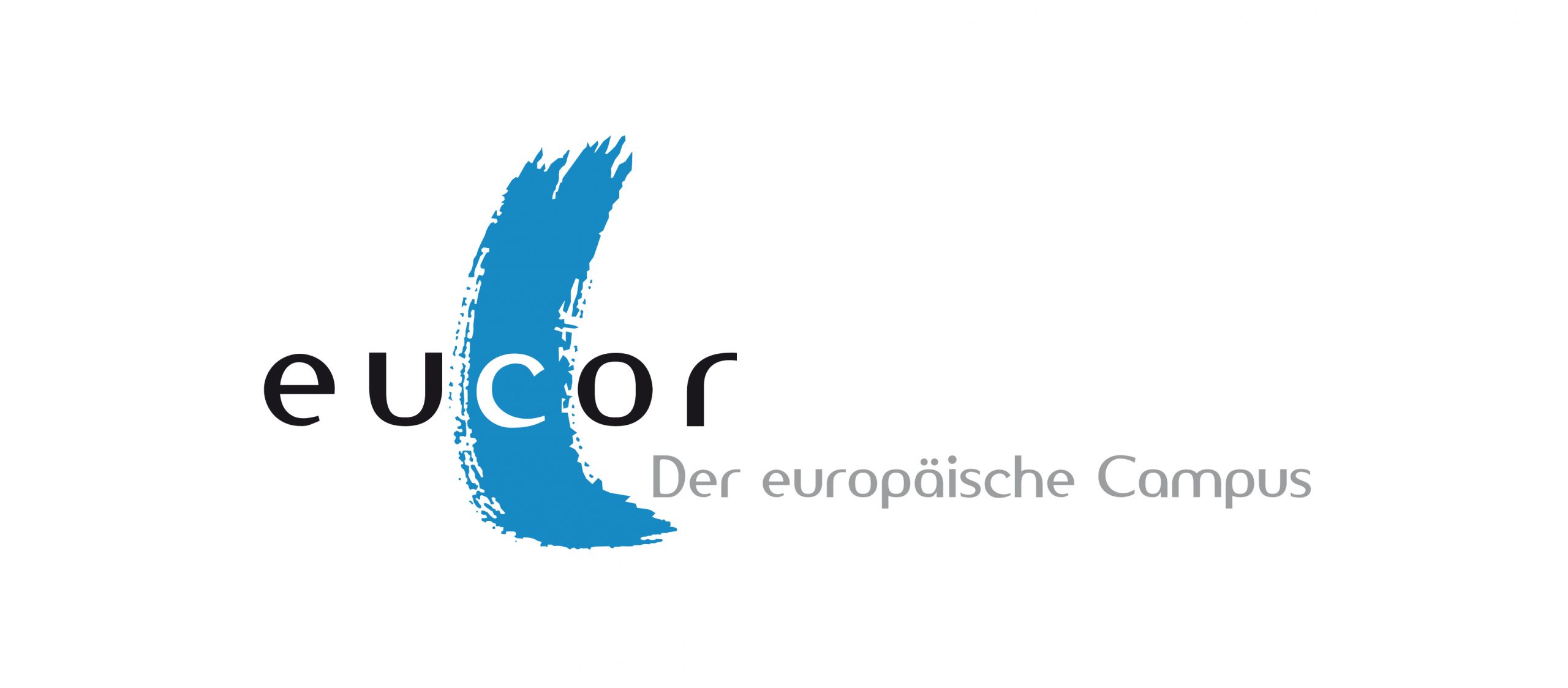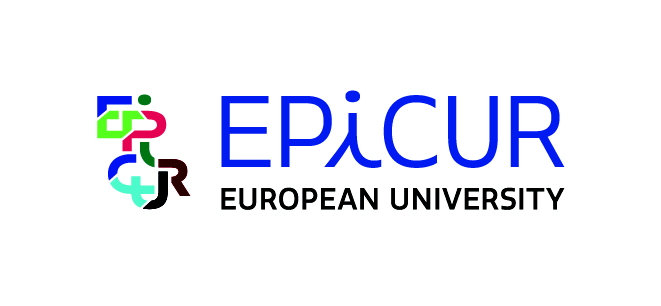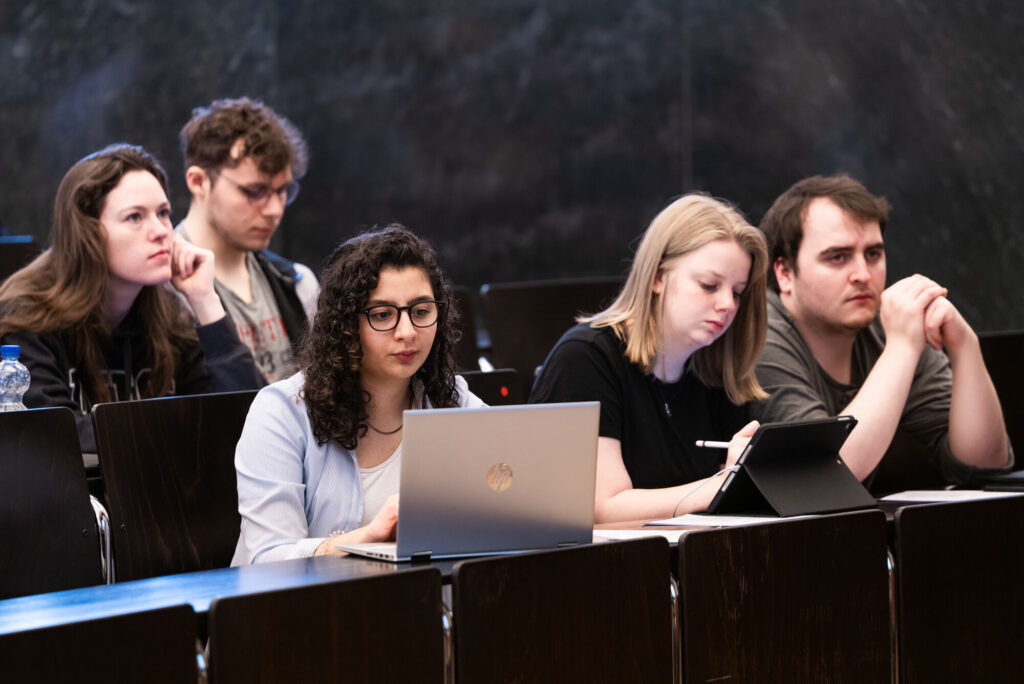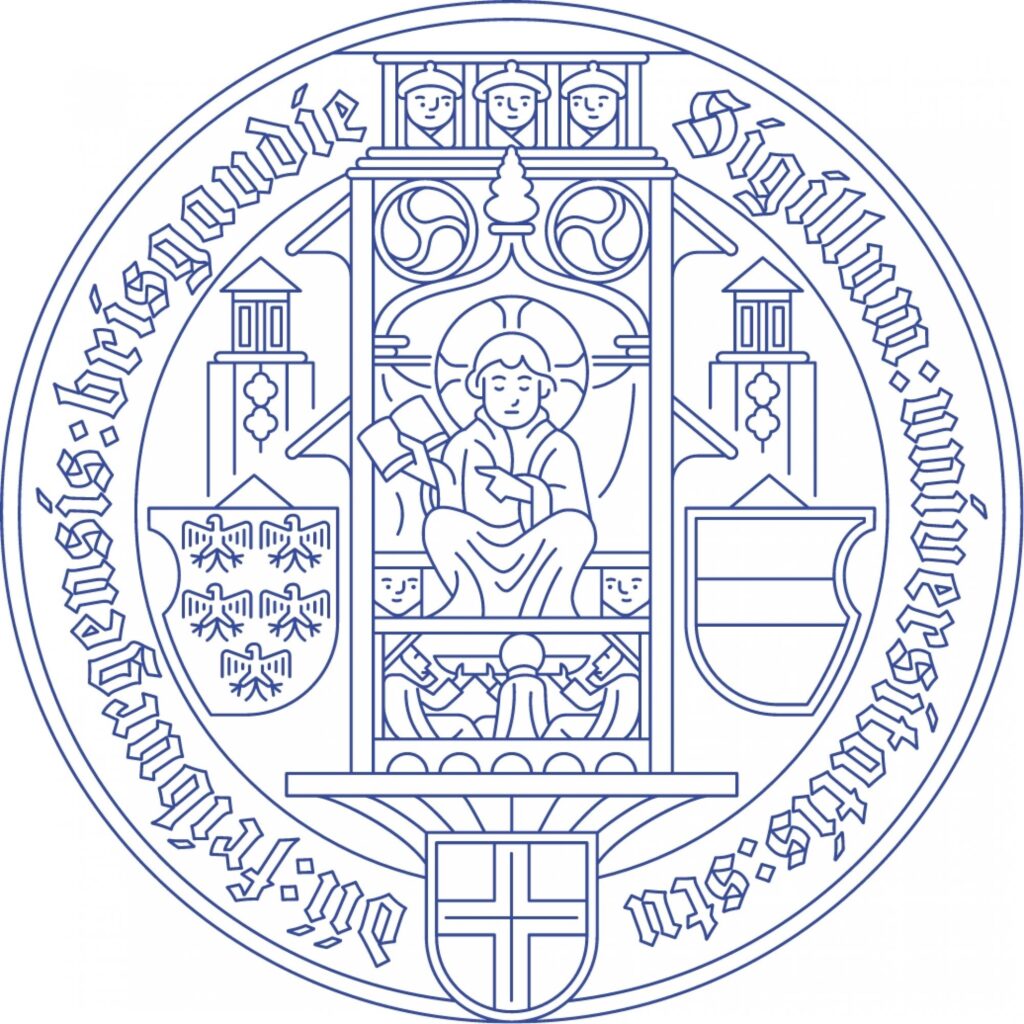Women at the University
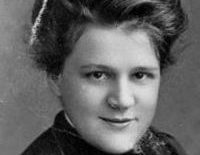
In 1900 the University of Freiburg began admitting women to studies – as the first university in Germany. In 1902 the new University Library was opened (in what is today collegiate building IV), and in 1911 the new main university building (today collegiate building I) was dedicated, providing space for the 3,000 students now enrolled. The tower of the building still contains the ‘Karzer’, a detention room in which students who had misbehaved were traditionally locked up, as they were not subject to state authority. This privilege was banned in 1920. In the same year, the new University Medical Center opened its doors on what is today Hugstetter Straße.
Culture of remembrance
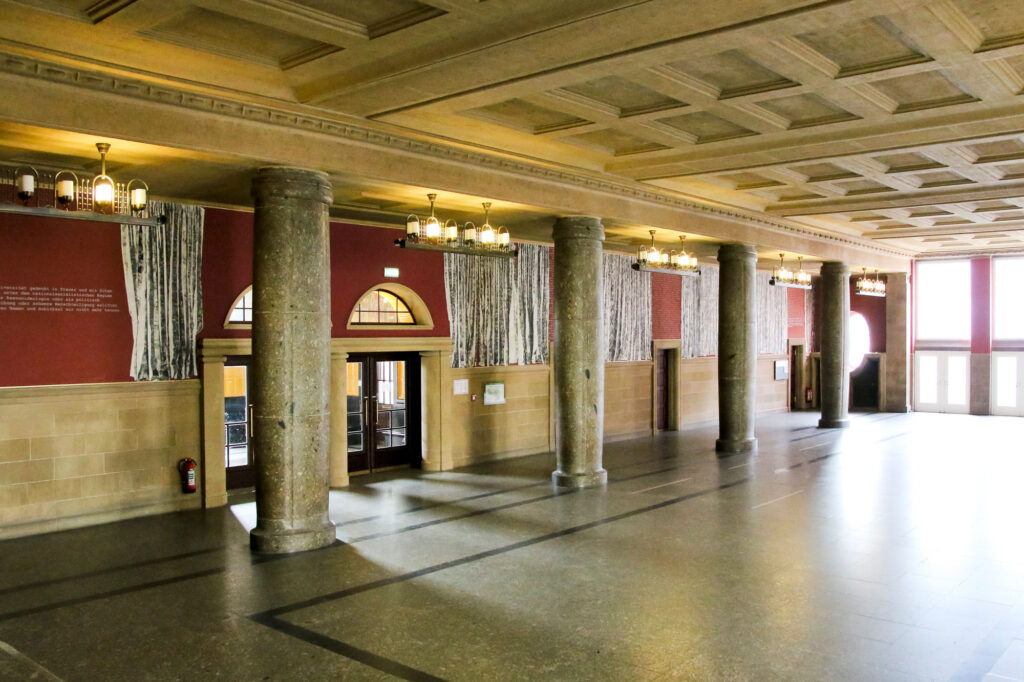
In the heart of collegiate building I, in the great hall, the University erected a memorial in 2005 to commemorate its almost 400 known members who were killed, expelled, and persecuted or suffered discrimination under the National Socialist regime. However, many other victims remain unnamed: More than 1,500 persons were assigned to forced labour at the medical centre, where there is also evidence of criminal medical interventions.
The university complied, in part enthusiastically, with the orders of the National Socialists. Martin Heidegger’s assumption of the rectorate in 1933 was celebrated as a ‘seizure of power’. Heidegger did not comment on his role until his death in 1976. Collegiate building I also has momuments and inscriptions in honour of the University members who were among the victims of the two world wars.
Several Freiburg professors, including Walter Eucken, as well as their wives, were members of the opposition.
Consequences of the war and reconstruction

All university buildings were heavily damaged or destroyed in 1945, along with Freiburg’s entire city centre. The University was able to save three-fourths of the materials from the flames, mostly books. A democratic new beginning ensued under the aegis of the French occupation authorities. The University of Freiburg had already reopened by fall 1945. Before matriculating, each student had to put in 100 hours of manual labour to help with the reconstruction efforts.
Until 1949 denazification procedures were carried out for all University employees, but no more than ten years later almost all who had been dismissed were again working at the University. With the advent of the Cold War, an anti-communist stance was regarded as more important than one’s behaviour during the National Socialist era. The University experienced a boom in these years: In 1957, the University of Freiburg’s 500th anniversary, a new constitution was approved. The reconstruction was almost completed by this time, ground had been broken for new buildings like collegiate building II, and the University now had a total of 10,000 students.
Not until 1968, when the student protests in Berlin and Frankfurt reached Freiburg, was the generation which had remained in power without interruption since the war called into question. The students’ battle cry was: ‘Unter den Talaren, Muff von tausend Jahren’ (‘Under the gowns, the stench of a thousand years’). The students demanded a democratization of the universities, holding strikes and teach-ins and handing out flyers to support their cause. The protests sparked a cultural transformation.
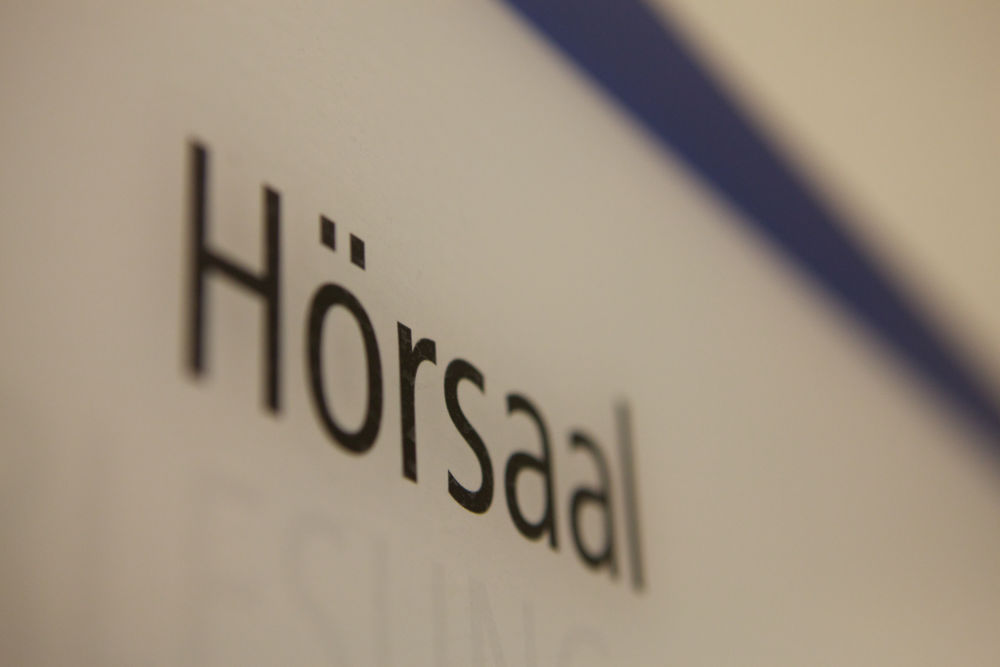
Expansion of the Faculties
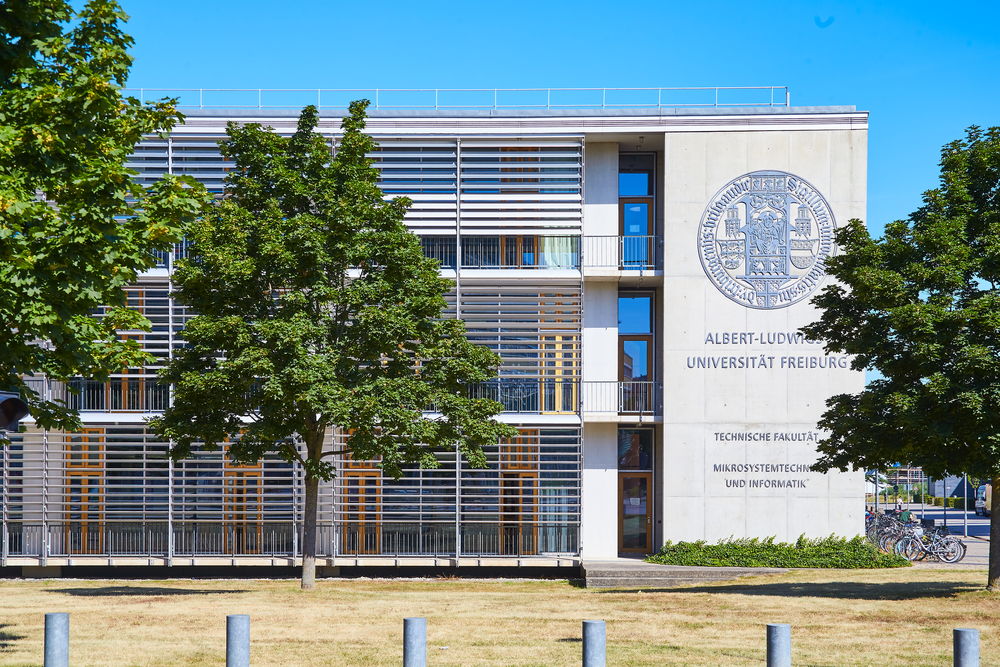
The following decades saw the expansion of the medical and natural sciences faculties. In 1995, the Faculty of Engineering was established, further expanding the spectrum of disciplines offered at the university. By the end of the century, there were already 20,000 matriculated students at the University of Freiburg.
Instruction and research were profiting from international exchange and enjoyed an excellent reputation abroad. This could be seen in the increasing number of international students and early career researchers who came to Freiburg to acquire further qualifications.

